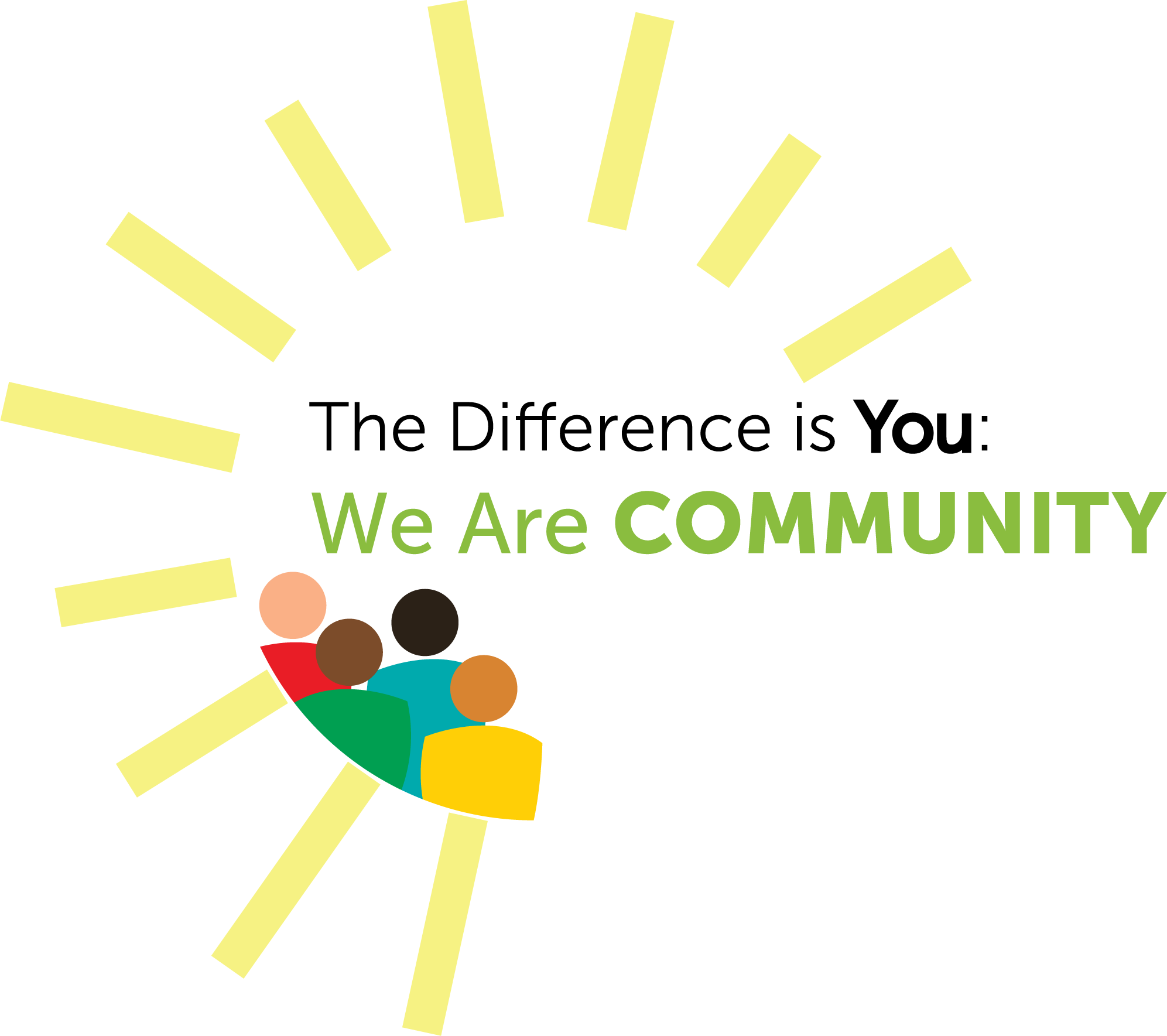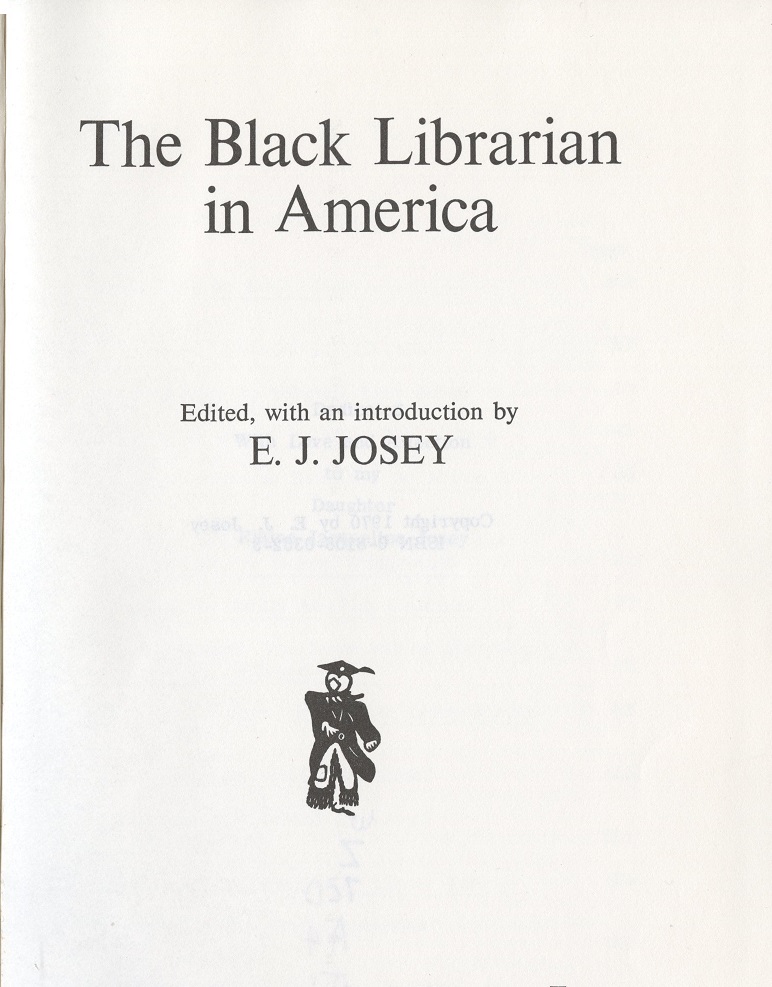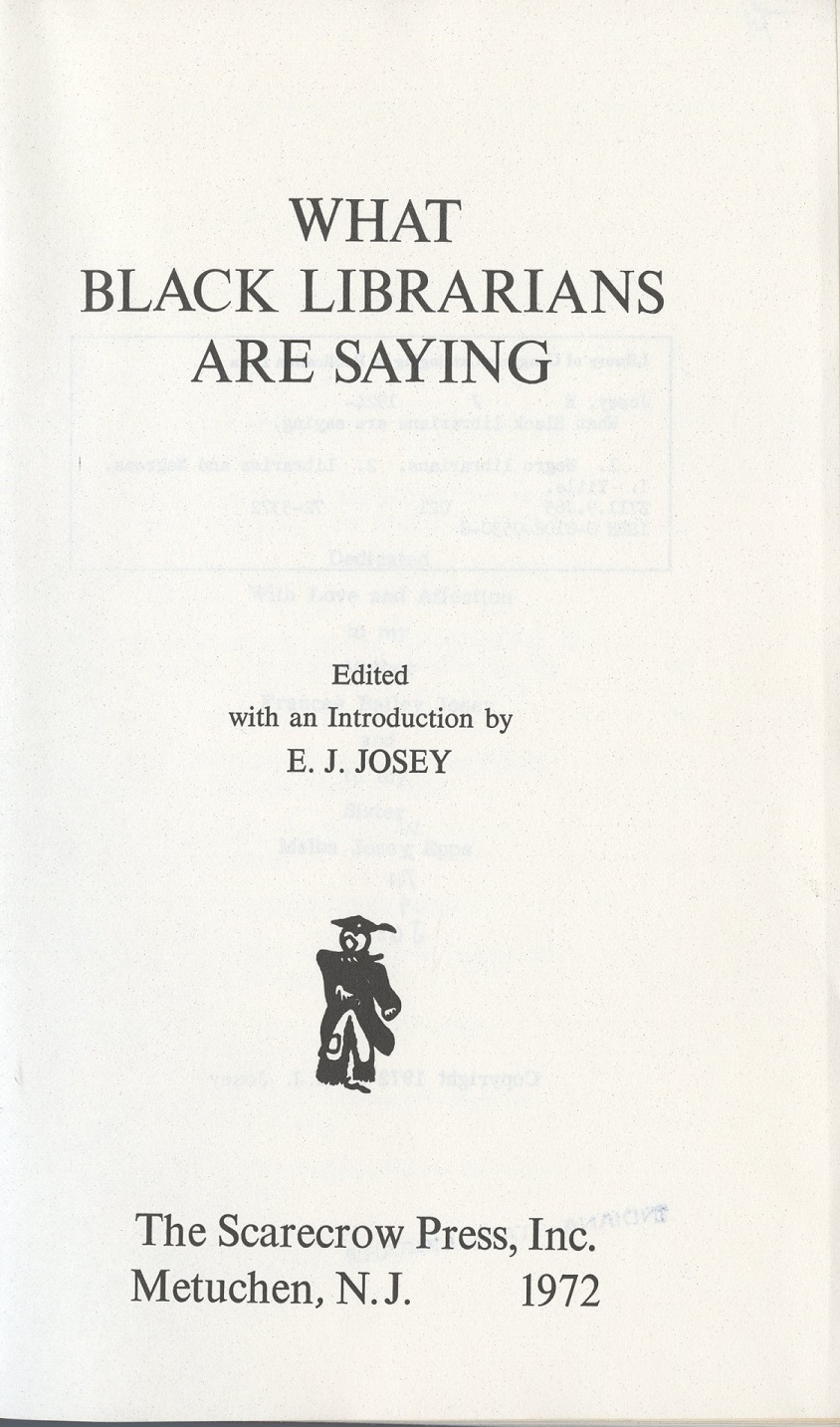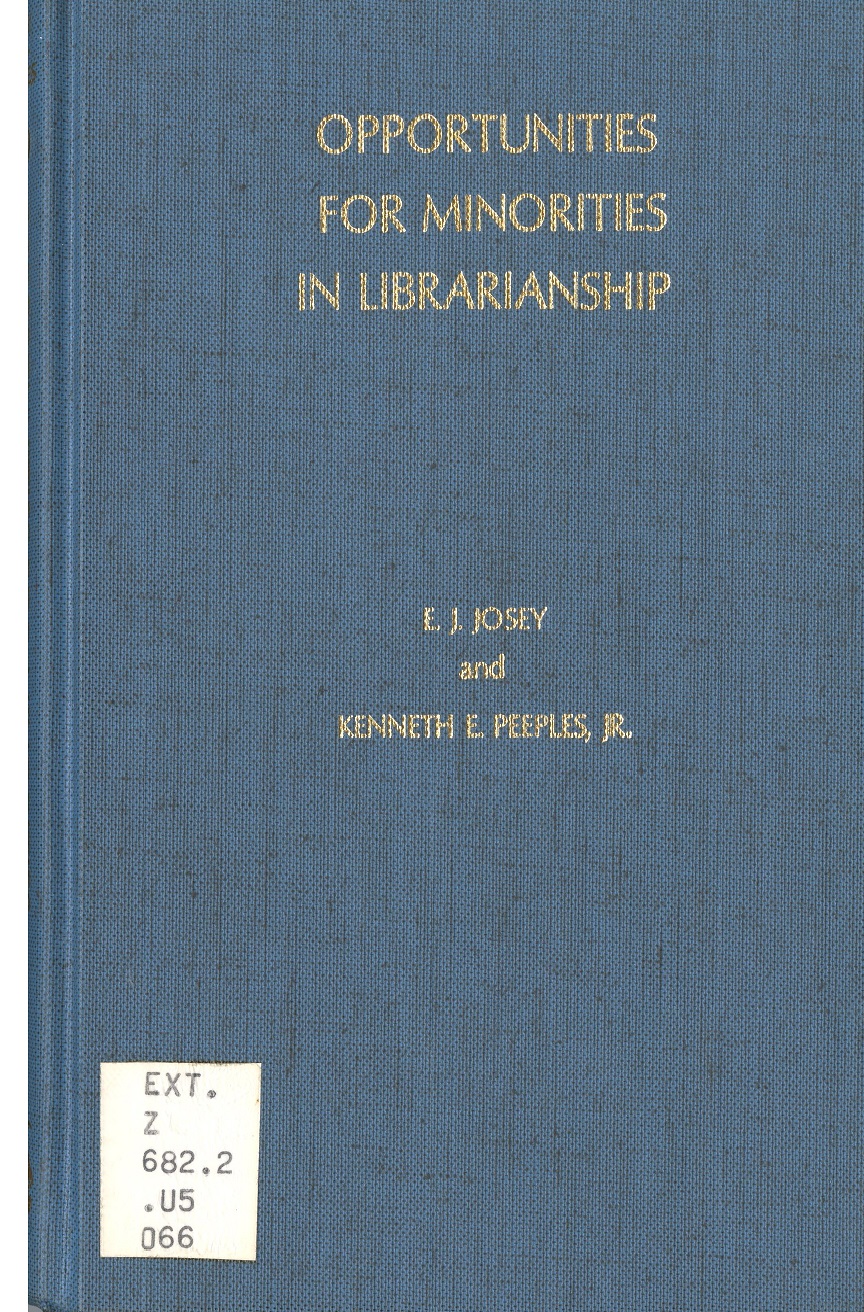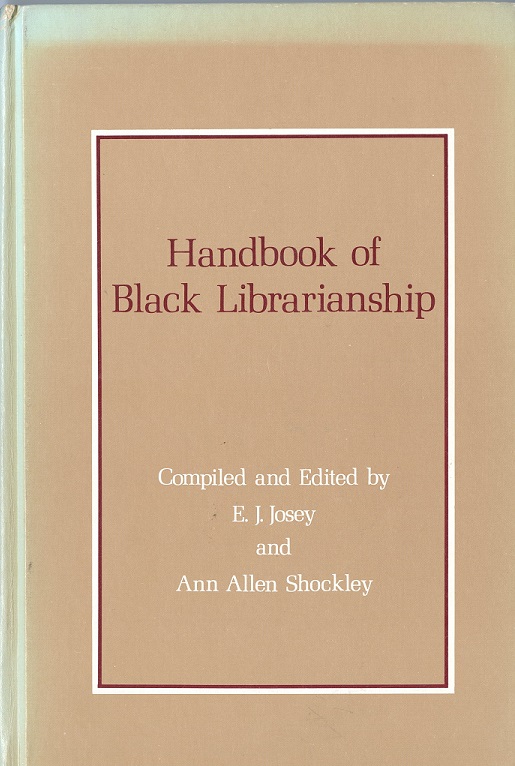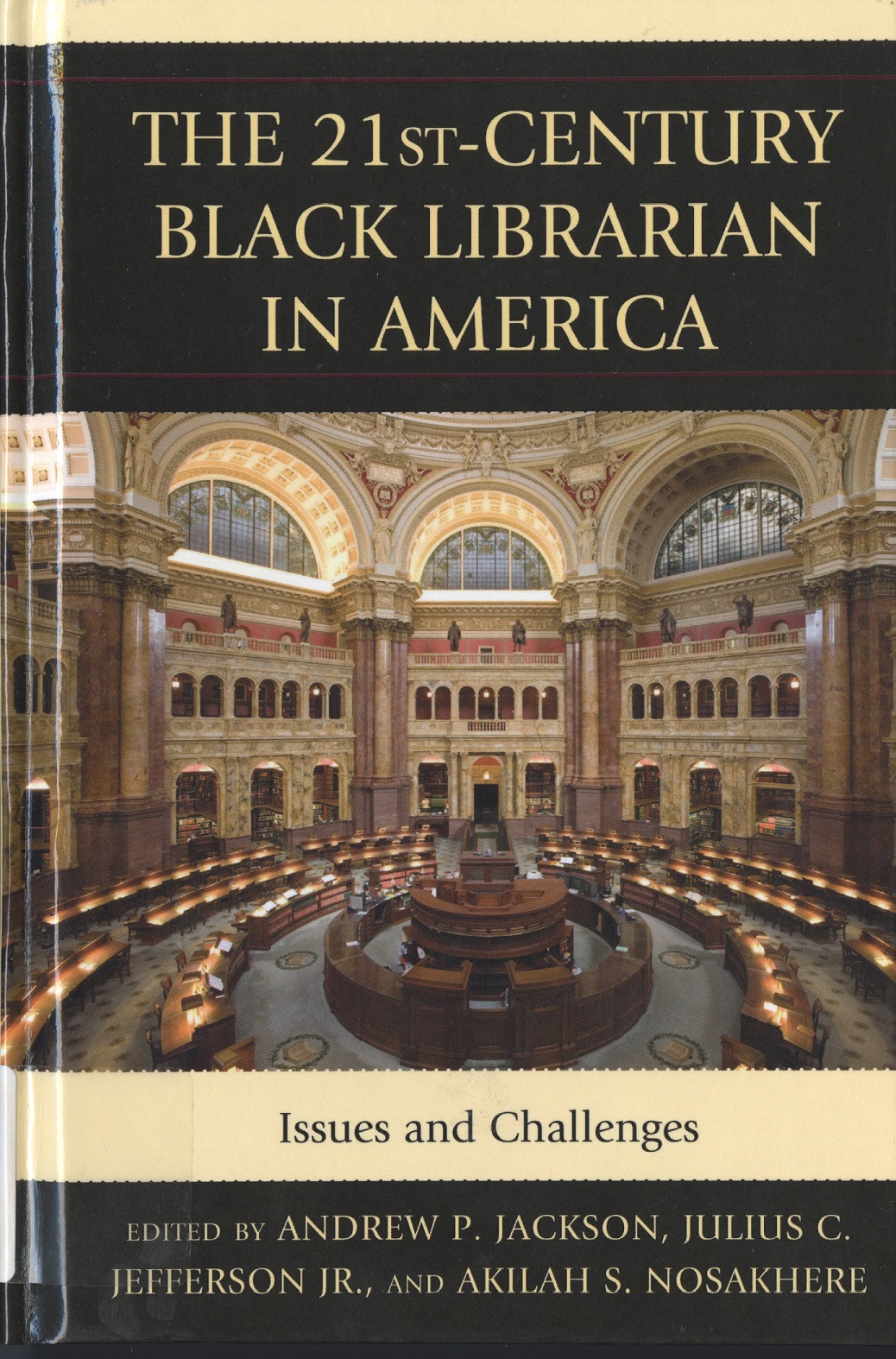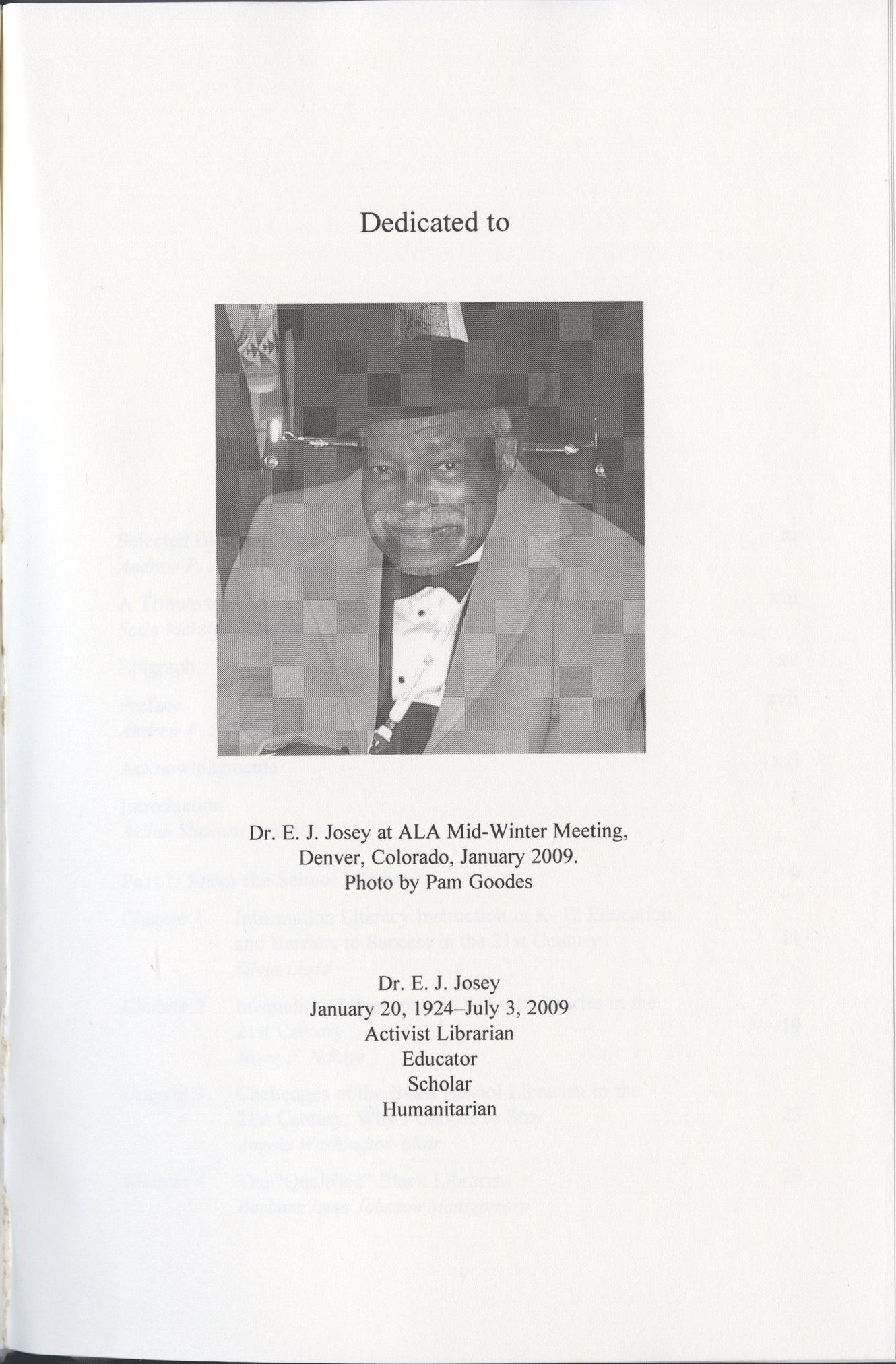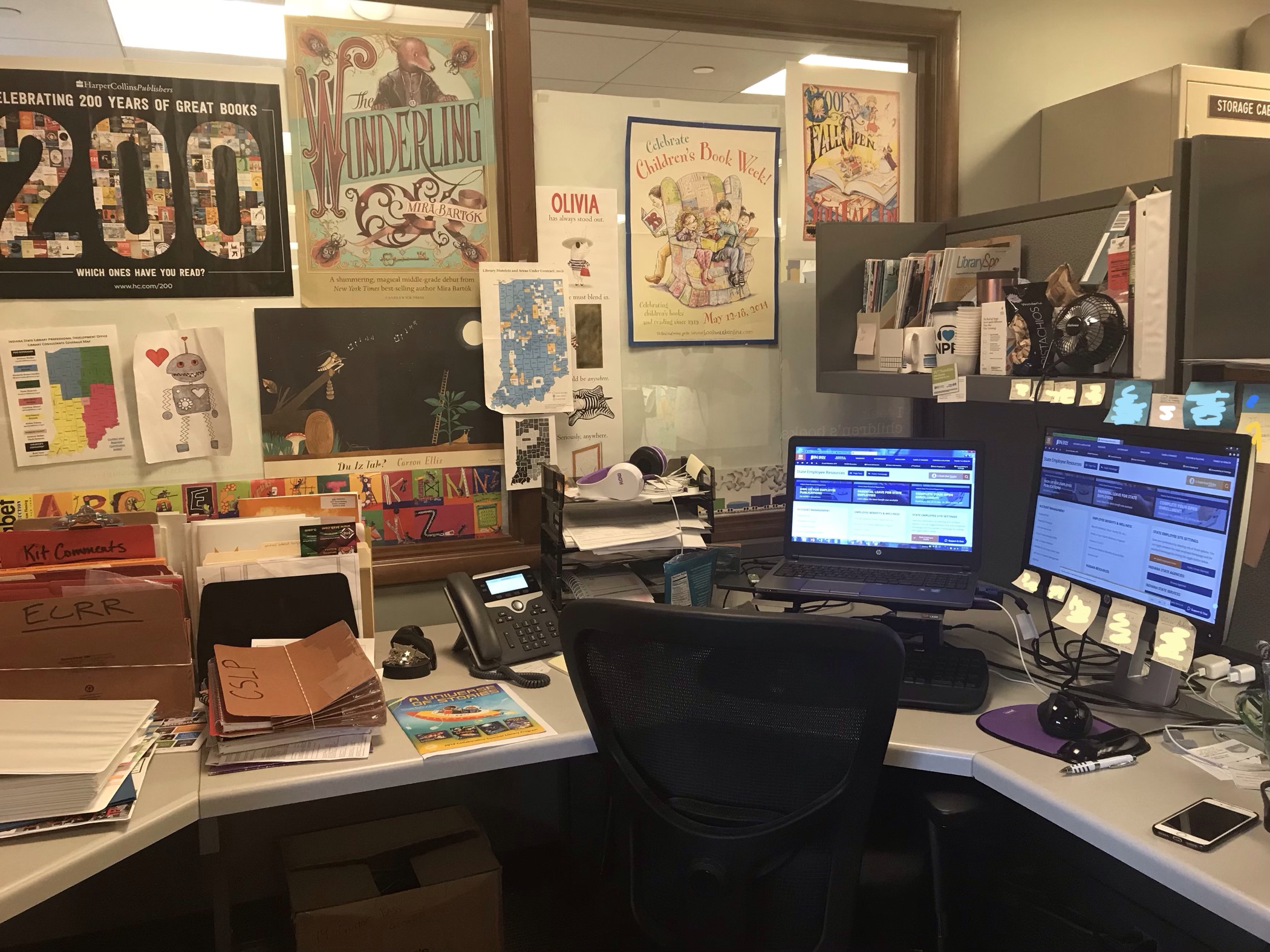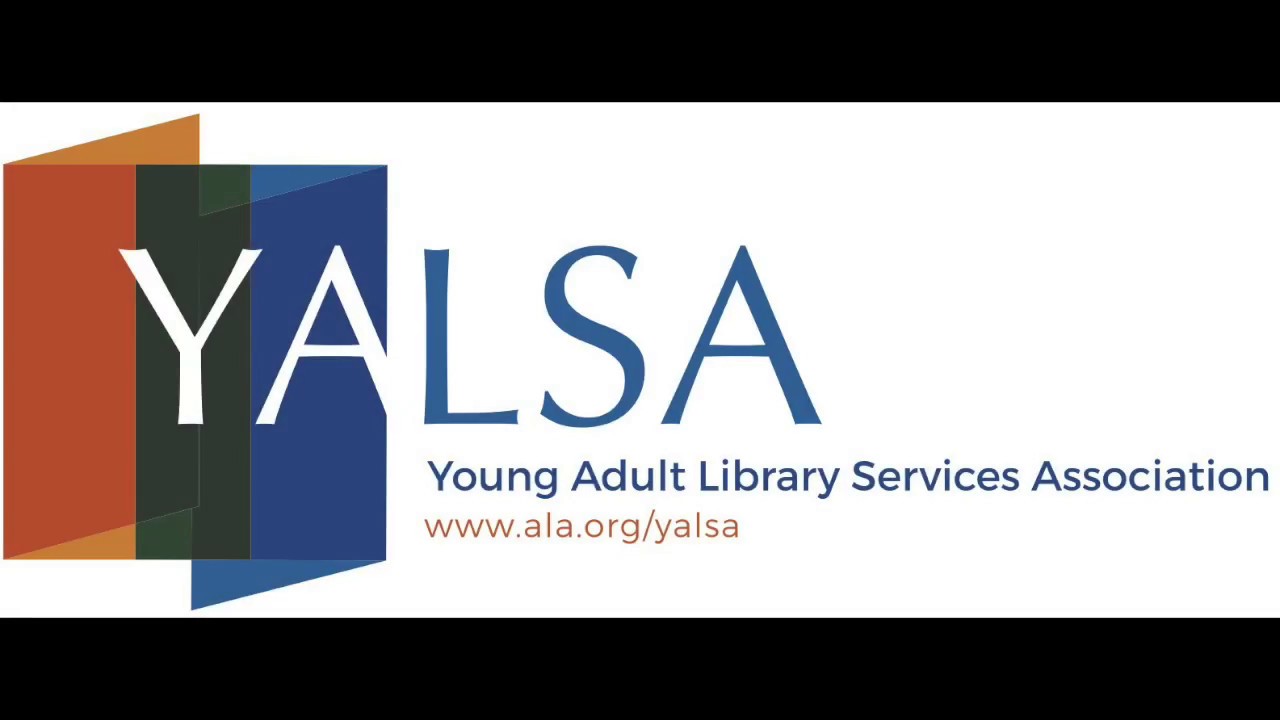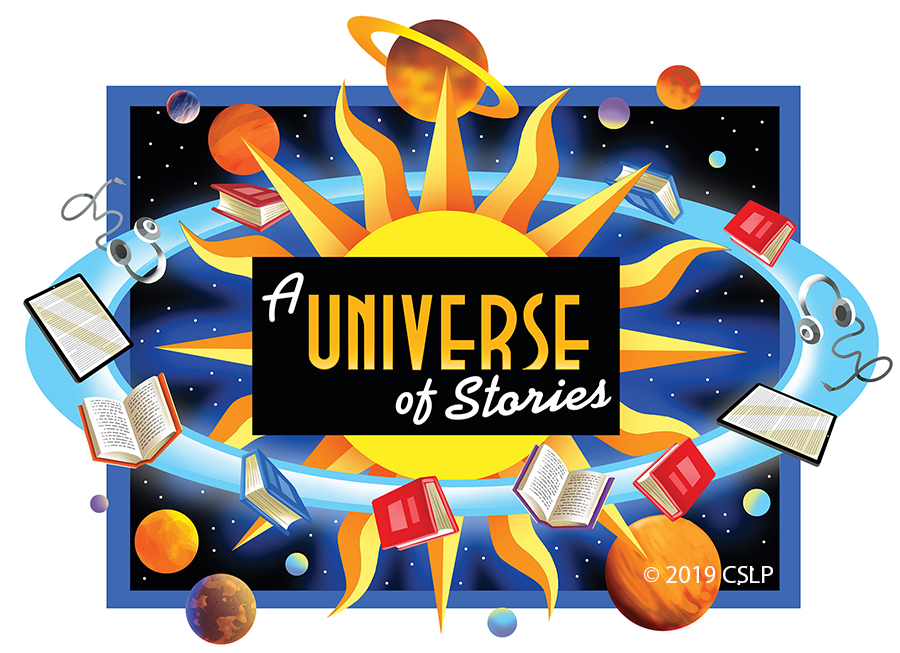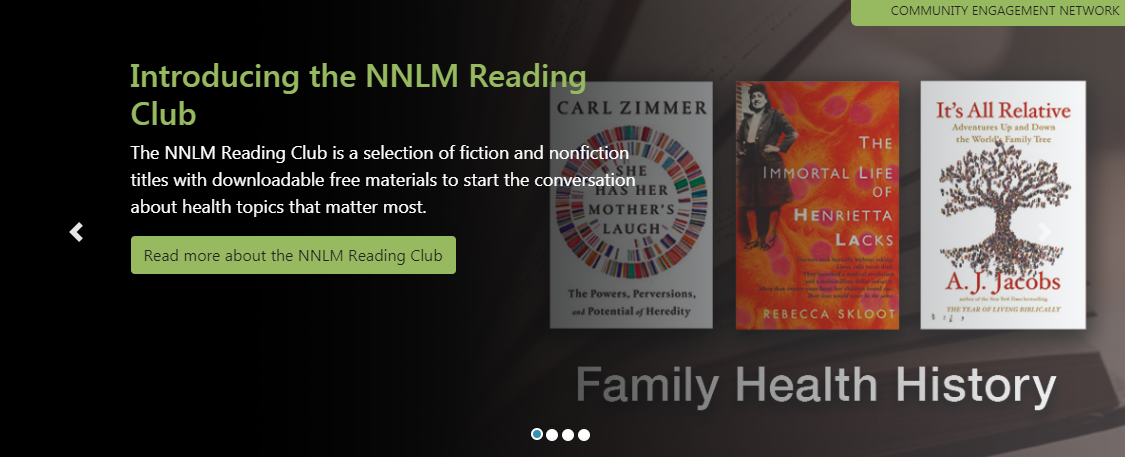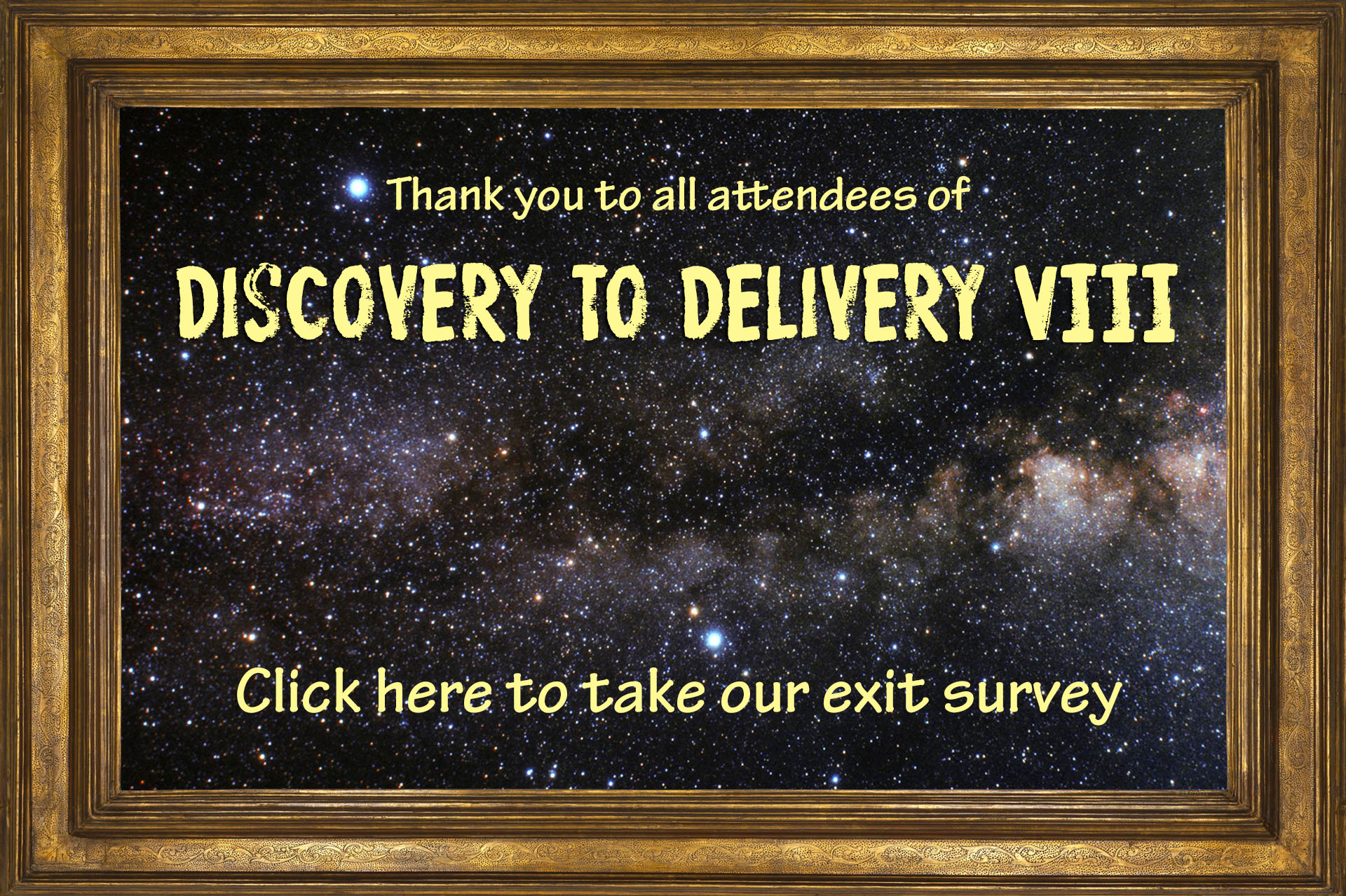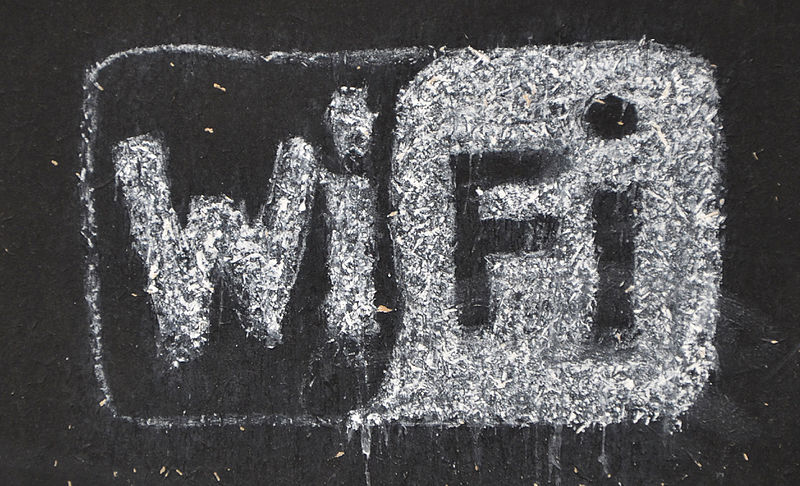The 2018-19 Indiana Library Leadership Academy has wrapped up and class members are doing some pretty amazing things in libraries throughout Indiana.
Alisa Burch, Harrison County Public Library director, set up the library’s first ever pop-up library at the Friends of the Harrison County’s “Youth Chicken BBQ Fundraiser.” The pop-up library included a canopy, sign, tables, hot spot, laptop and card scanner so they could issue library cards and register children and adults for the 2019 Summer Reading Program. As teams played exhibition games and got their pictures taken, the library issued 15 new library cards and renewed five others. While registering children and adults for the upcoming summer reading program, they also gave away donated books and promoted programs and services with people of all ages.
Nathan Watson, director of operations at the Bedford Public Library, created Elevate, a program that teaches employability soft skills to all sophomores at Bedford North Lawrence High School in an effort to help fulfill part of the Graduation Pathways requirement. Elevate is a six-session program that uses project-based learning to define, explore and master soft skills through the art of interviewing applicants for a local job. The interviews happened during the sixth session and the Hoosier Hills Credit Union sent a representative who explained that the credit union wanted to hire a teller and that the class was going to “hire” that person.
Watson also partnered with the Jobs for America’s Graduates program. The JAG students were tasked with acting like real job applicants and exhibiting certain soft skills during the interview. The Elevate student had to submit who they hired, what soft skills were displayed and the importance of the skills.
Watson’s program will continue and become a part of a new class titled Preparation for College and Careers which will fulfill a graduation requirement under the new Indiana Department of Education Graduation Pathways.
The Indiana Library Leadership Academy teaches librarians the leadership skills they need to thrive and flourish in their library careers. Planning for the next Indiana Library Leadership Academy to be held in summer 2020 is now underway.
This blog post was written by Kara Cleveland, Professional Development Office supervisor at the Indiana State Library.



